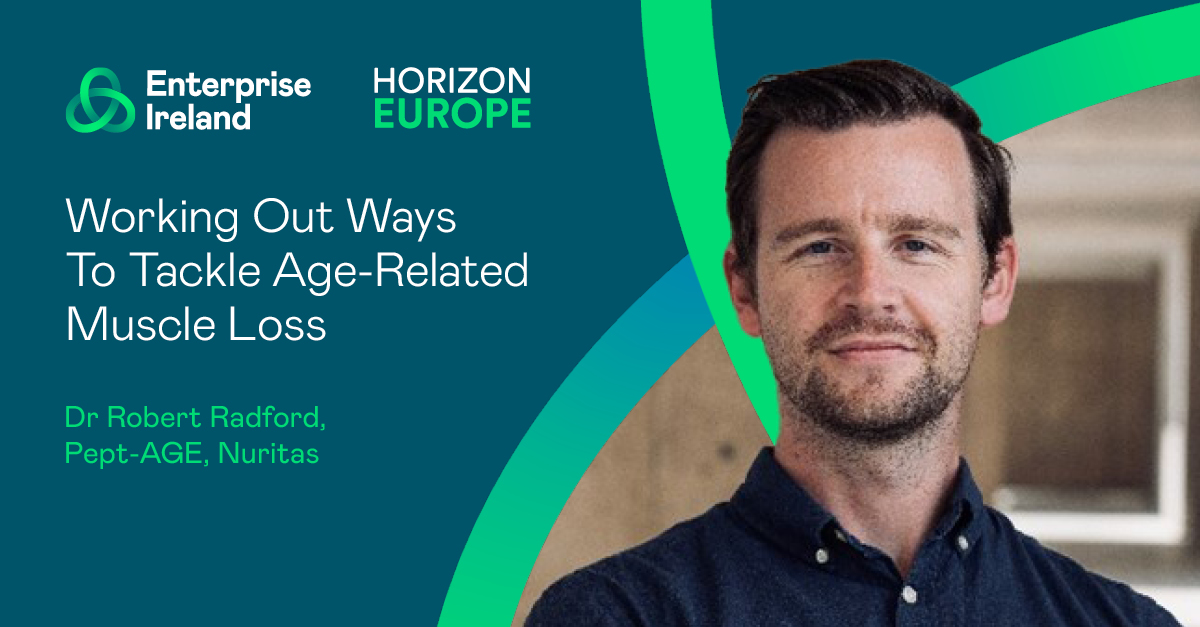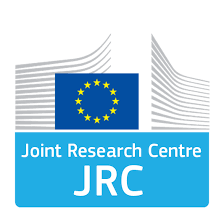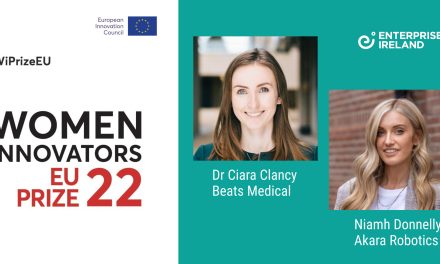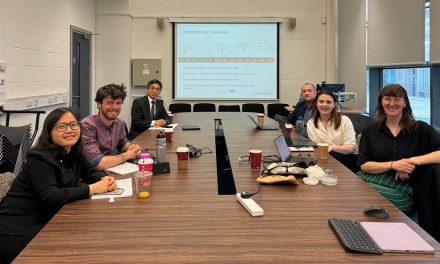Ageing is an inevitability for us all. But against the backdrop of a greying population, research is increasingly focused on finding ways to promote healthy ageing.
Sarcopenia, or age-related muscle loss, is a primary cause of loss of physical independence in the elderly, and the focus of one recent Horizon-funded research study.
“The need for effective treatment strategies that can slow or reverse age-related muscle loss is essential if a future crisis is to be avoided,” says Dr Robert Radford, project lead of Pept-AGE at Nuritas, an Irish-based company that is a global leader in peptide research.
Two key moves
Radford, who was working in academia in the US, was awarded €196,590 under the Marie Skłodowska-Curie Actions Individual Fellowship (MSCA-IF), part of Horizon 2020, to undertake research work at Nuritas on the project.
He says the funding allowed him to make two key moves that he might not otherwise have managed: “It was an ideal way to help me make not only the move from academia to industry, but also make the move home to Ireland from the US as mobility of the researcher and the ideas that they bring with them are a core part of the fellowship”.
He returned to Ireland with his family in May 2020, during the Covid-19 lockdown. “It was a really surreal experience, basically moving your life across continents during the pandemic was crazy. In one way we were lucky though, the fellowship meant that the money was there, the project was funded, we were effectively good to go.”
First steps into industry
He says the MSCA-IF funding also allowed him to take his first steps into industrial research with Nuritas, a cutting-edge company that includes U2’s Bono and Edge among its investors. Based in Dublin, it uses AI-precision technology to create a brand-new category of peptide ingredients from nature.
This is not the first time that Nuritas has successfully secured Horizon funding. In 2016, it received a Horizon 2020 grant to conduct large-scale human trials as part of a project designed to prevent people at pre-diabetic stage developing full-blown diabetes.
“To get the opportunity to join a small company, where your input is actually tangible, you have an input in the marketing strategy or how sales calls go, that has been really great.
“It was one of my major goals of the MSCA-IF and why I wanted to join Nuritas. It definitely has let me do that and I’ve been really happy with the level of exposure I’ve been able to get to the business side of science that I don’t think I would have got otherwise.”
Developing a new in vitro model
The project, which ran for two years from June 2020, aimed to “elucidate the molecular mechanisms of age-related muscle loss to inform Artificial Intelligence-based discovery of novel peptide therapeutics for sarcopenia.”
In particular, Radford focused on developing a novel model of sarcopenia in a culture dish to identify factors contributing to the disease and help Nuritas develop peptide therapeutics in the muscle space, with a focus on an ageing population.
“Surprisingly, given the prevalence of sarcopenia and frailty in the elderly population, there are no therapeutic interventions currently available for sarcopenia outside of increased exercise and altered diet – both of which can be less than ideal solutions in an elderly population where mobility issues and geriatric anorexia are potential comorbidities,” Radford notes.
“Part of the reason that treatment options are so limited lies in the fact that we lack reliable in vitro models to test hypotheses and screen early-stage therapeutics. This has the consequence of severely limiting our ability to understand the disease at the cellular level.”
Pept-AGE successfully met its goal and Radford says: “We are currently using the model generated in several early stage R&D projects at Nuritas, and on top of this, we have identified a significant difference between old and young muscle at the protein level that may in fact contribute to age-related muscle loss.”
Useful feedback from Enterprise Ireland and National Supports
Radford says his National Contact Point (NCP) in the Irish Marie Skłodowska-Curie Office provided “very useful feedback” before the grant application was submitted.
“When we had the grant together, an almost full draft, she went through it and gave us some healthy pointers of what would be beneficial to include, how to phrase certain things to maximise impact which I found very helpful. I think that made a difference especially because she had seen so many successful applications and unsuccessful ones,” he says.
He also notes that the funding for Pept-AGE allowed him to bring techniques and technologies to the lab that were central to securing support from Enterprise Ireland’s Agile Innovation Fund for further research in this area.
This funding has allowed Radford to move on to work on two new projects at Nuritas around key aspects of the biology of ageing, mitochondrial health and senescence.
If you would like advice about accessing Horizon Europe support or further details, please contact horizonsupport@enterprise-ireland.com or visit http://www.horizoneurope.ie





